Metabolism
Recent articles
Inner retina of birds powers sight sans oxygen
The energy-intensive neural tissue relies instead on anaerobic glucose metabolism provided by the pecten oculi, a structure unique to the avian eye.

Inner retina of birds powers sight sans oxygen
The energy-intensive neural tissue relies instead on anaerobic glucose metabolism provided by the pecten oculi, a structure unique to the avian eye.
Going against the gut: Q&A with Kevin Mitchell on the autism-microbiome theory
A new review of 15 years of studies on the connection between the microbiome and autism reveals widespread statistical and conceptual errors.
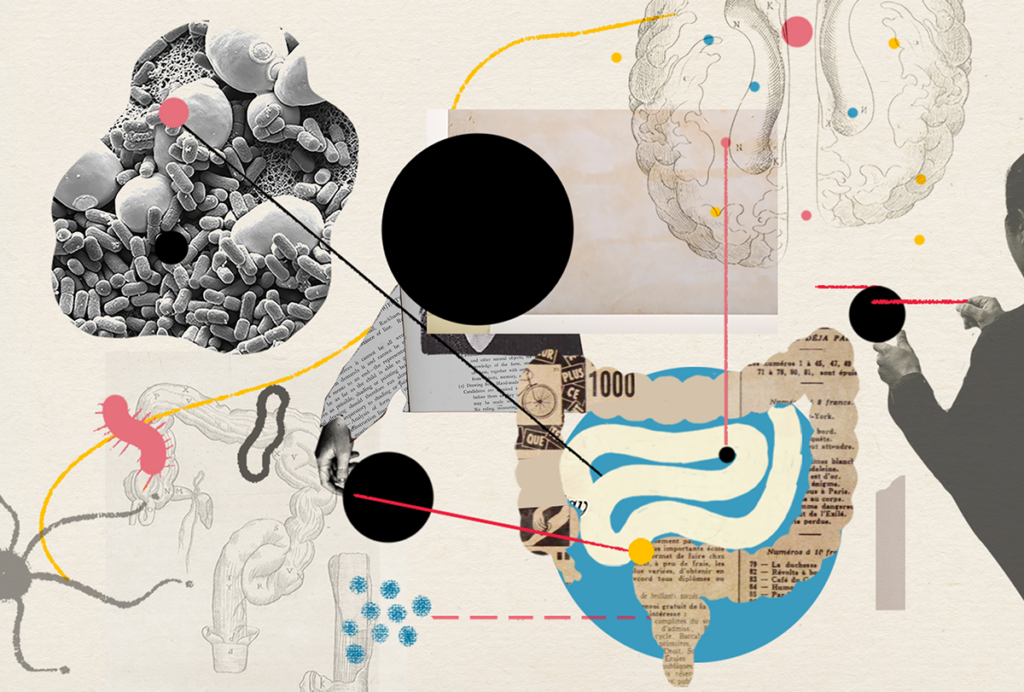
Going against the gut: Q&A with Kevin Mitchell on the autism-microbiome theory
A new review of 15 years of studies on the connection between the microbiome and autism reveals widespread statistical and conceptual errors.
Mitochondrial ‘landscape’ shifts across human brain
Evolutionarily newer regions sport mitochondria with a higher capacity for energy production than older regions, according to the first detailed map of the organelles in a tissue slice, adding to mounting evidence that the brain features a metabolic gradient.

Mitochondrial ‘landscape’ shifts across human brain
Evolutionarily newer regions sport mitochondria with a higher capacity for energy production than older regions, according to the first detailed map of the organelles in a tissue slice, adding to mounting evidence that the brain features a metabolic gradient.
Food for thought: Neuronal fuel source more flexible than previously recognized
The cells primarily rely on glucose—rather than lactate from astrocytes—to generate energy, according to recent findings in mice.
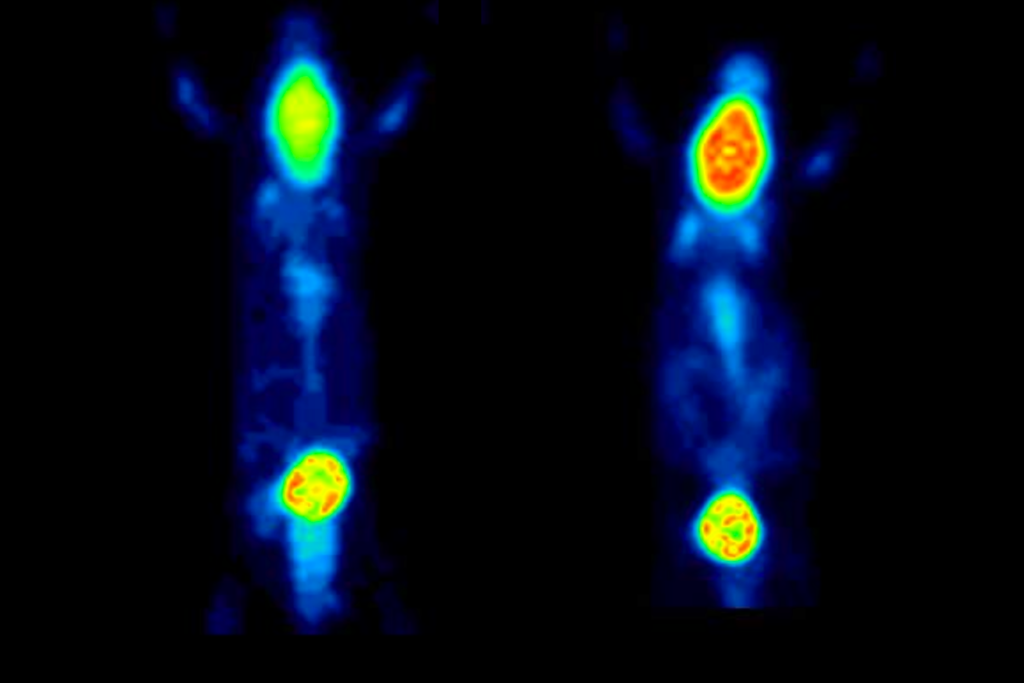
Food for thought: Neuronal fuel source more flexible than previously recognized
The cells primarily rely on glucose—rather than lactate from astrocytes—to generate energy, according to recent findings in mice.
Into the woods with Susan Masino
When she isn't researching the links between metabolism and brain activity, this neuroscientist logs time in forests and advocates for protecting green spaces.

Into the woods with Susan Masino
When she isn't researching the links between metabolism and brain activity, this neuroscientist logs time in forests and advocates for protecting green spaces.
Rare autism-linked mutation starves growing neurons of essential nutrients
The mutation prevents certain amino acids from entering neurons, causing the cells to die early in development.
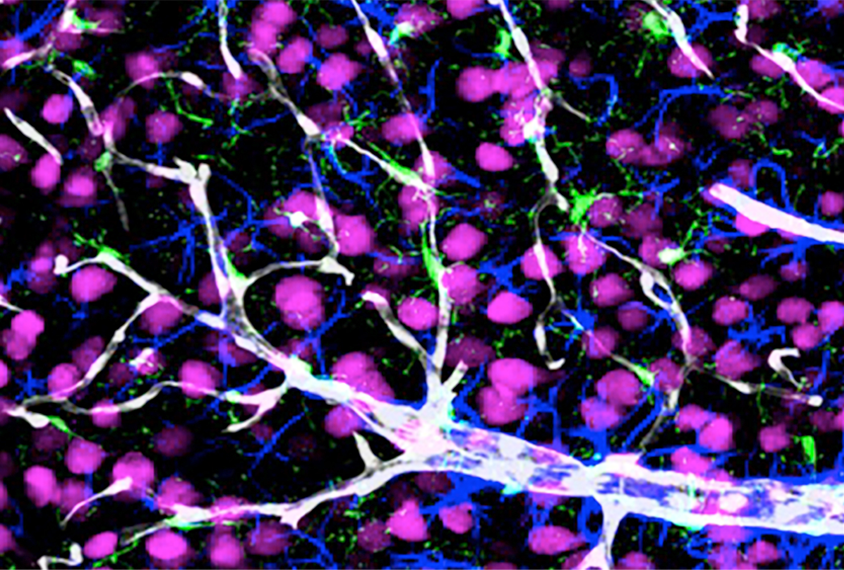
Rare autism-linked mutation starves growing neurons of essential nutrients
The mutation prevents certain amino acids from entering neurons, causing the cells to die early in development.
Dietary changes ease traits in rare autism-linked condition
Early treatment with nutritional supplements and a high-protein diet forestalls some neurodevelopmental problems for children with BCKDK deficiency.
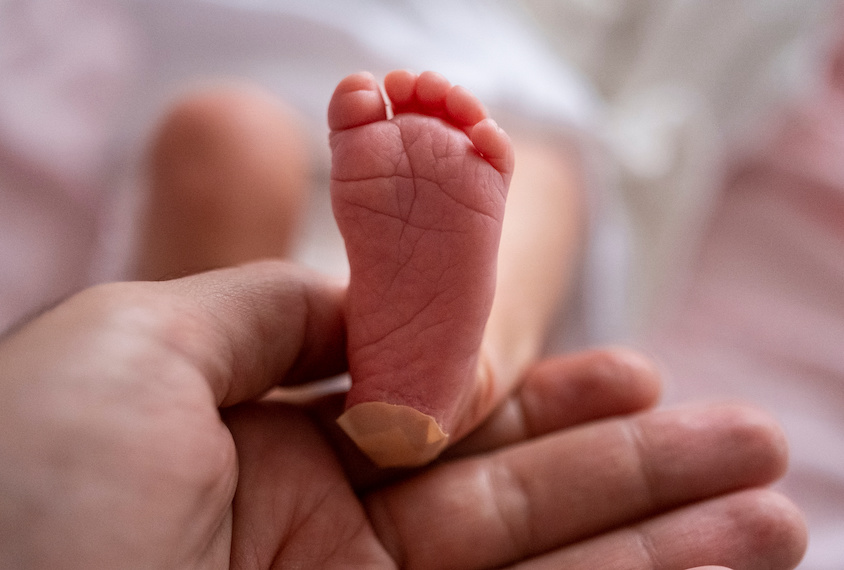
Dietary changes ease traits in rare autism-linked condition
Early treatment with nutritional supplements and a high-protein diet forestalls some neurodevelopmental problems for children with BCKDK deficiency.
Experimental drug shows promise for autism-linked syndromes
The drug quells seizures in children with Dravet syndrome or Lennox-Gastaut syndrome.
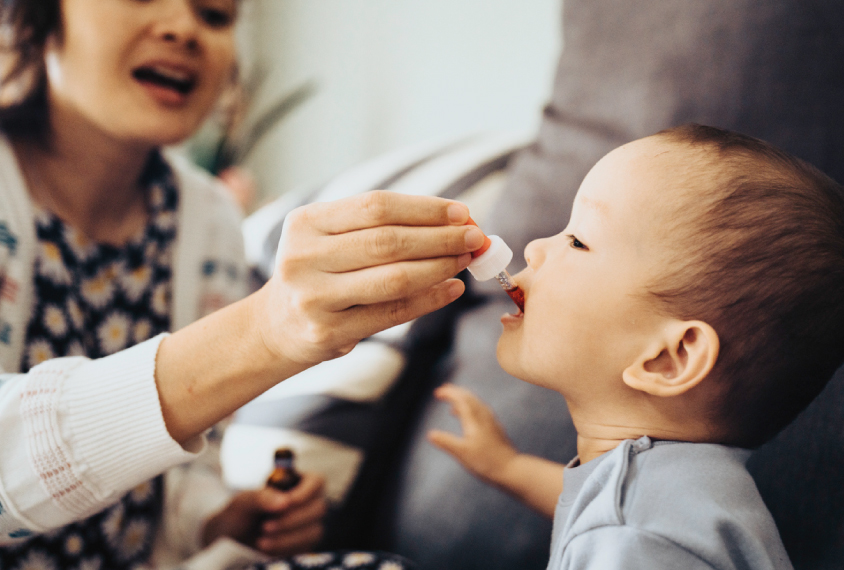
Experimental drug shows promise for autism-linked syndromes
The drug quells seizures in children with Dravet syndrome or Lennox-Gastaut syndrome.
Meet the company trying precision medicine for autism
Swiss biotech Stalicla hopes to bring precision medicine to autism. Experts praise efforts to identify autism subgroups, but evidence to support the company’s claims has yet to be seen.
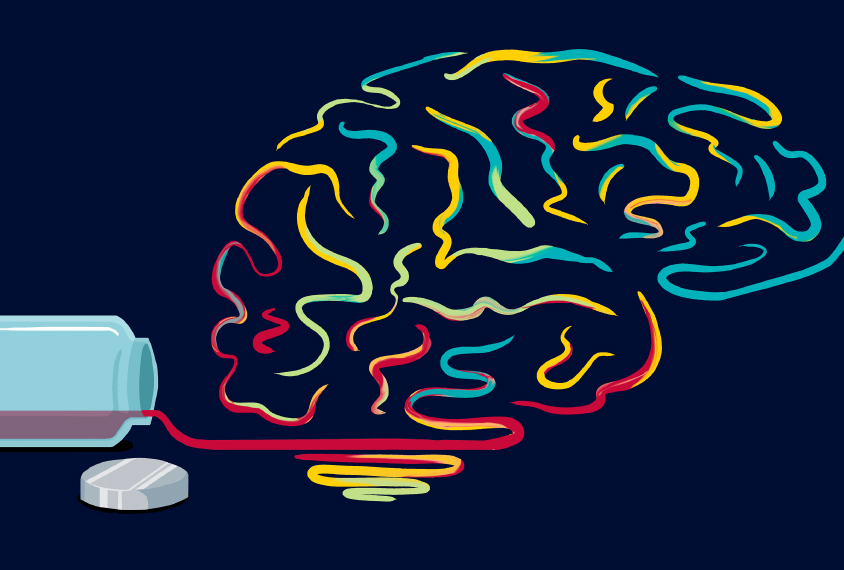
Meet the company trying precision medicine for autism
Swiss biotech Stalicla hopes to bring precision medicine to autism. Experts praise efforts to identify autism subgroups, but evidence to support the company’s claims has yet to be seen.
Altering metabolic pathway spurs neuronal, behavioral changes in mice
Overexpressing genes involved in the pathway, which regulates protein quality, changes repetitive behaviors in the animals.
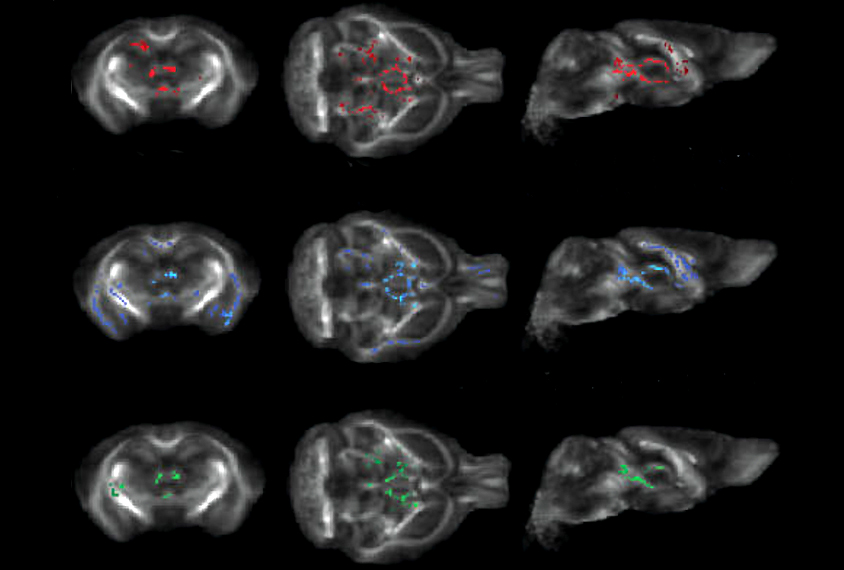
Altering metabolic pathway spurs neuronal, behavioral changes in mice
Overexpressing genes involved in the pathway, which regulates protein quality, changes repetitive behaviors in the animals.
Explore more from The Transmitter
Frameshift: Raphe Bernier followed his heart out of academia, then made his way back again
After a clinical research career, an interlude at Apple and four months in early retirement, Raphe Bernier found joy in teaching.

Frameshift: Raphe Bernier followed his heart out of academia, then made his way back again
After a clinical research career, an interlude at Apple and four months in early retirement, Raphe Bernier found joy in teaching.
Organoid study reveals shared brain pathways across autism-linked variants
The genetic variants initially affect brain development in unique ways, but over time they converge on common molecular pathways.

Organoid study reveals shared brain pathways across autism-linked variants
The genetic variants initially affect brain development in unique ways, but over time they converge on common molecular pathways.
Single gene sways caregiving circuits, behavior in male mice
Brain levels of the agouti gene determine whether African striped mice are doting fathers—or infanticidal ones.

Single gene sways caregiving circuits, behavior in male mice
Brain levels of the agouti gene determine whether African striped mice are doting fathers—or infanticidal ones.